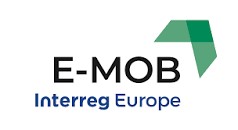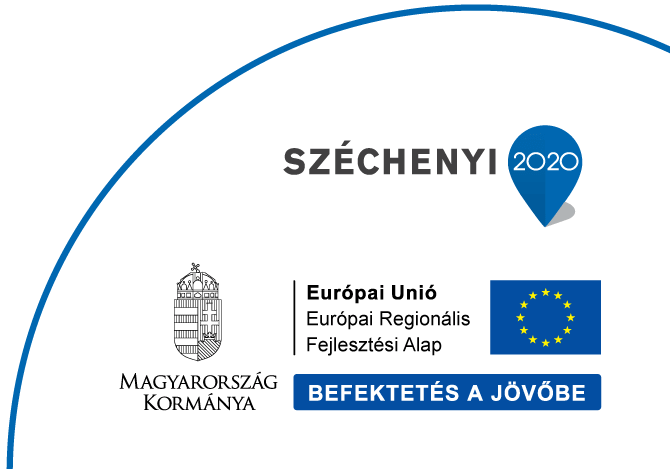On July 22, 2022, a stakeholder discussion of the E-MOB Interreg Europe project took place online under the title “Action planning within the framework of the E-MOB project”. The focus of the discussion was the E-MOB action plan drawn up at the end of the project’s three-year experience exchange period. The event also provided space for the 5th stakeholder consultation of the eBussed project, where the action plan was also formed through the exchange of Good Practice and joint learning.
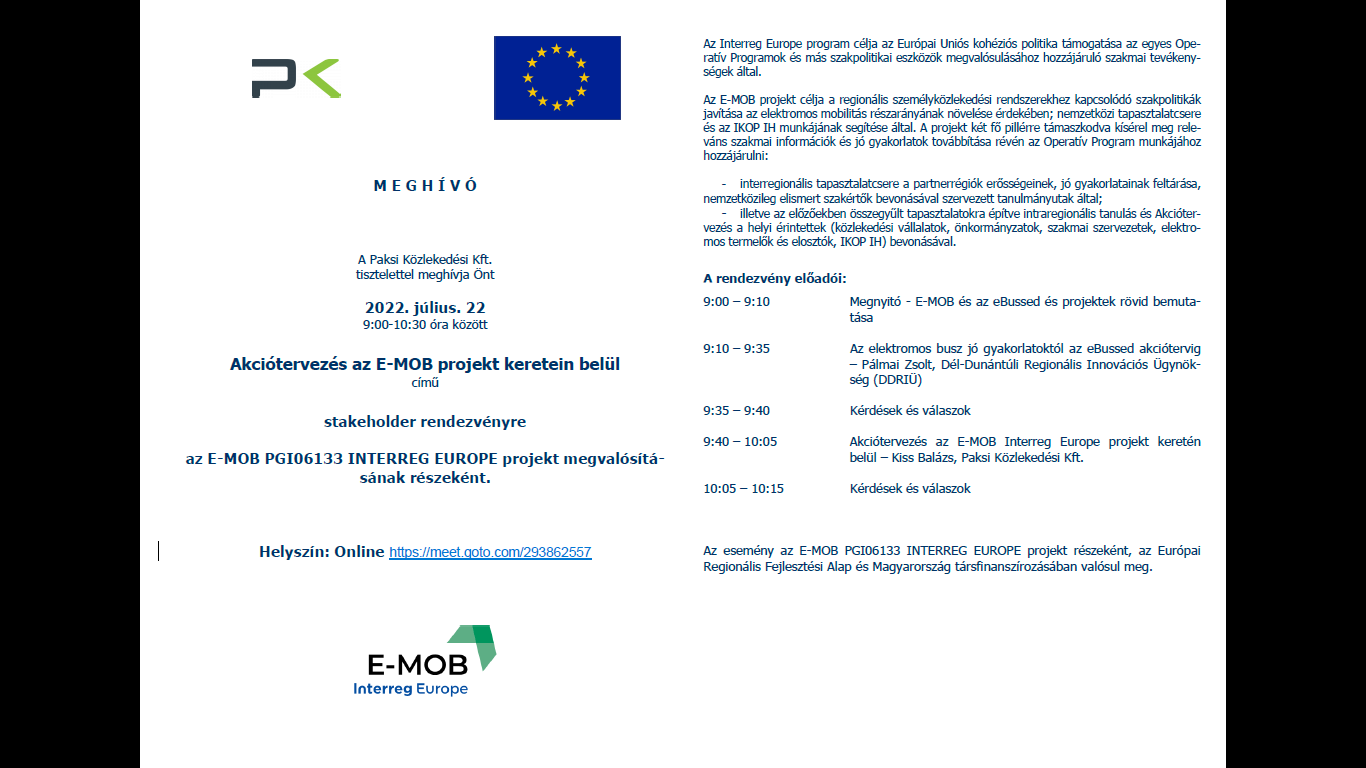
In the introduction to the event, there was a brief presentation of E-MOB, which supports the comprehensive electromobility developments of European municipalities (electric municipal vehicle stock (such as taxis, commercial vehicles), electric bicycles, related electromobility services, etc.), and the eBussed project, which promote the establishment of municipal electric bus fleets.
This was followed by the presentation of the action plans of the two projects.
The first lecture was given by Zsolt Pálmai, deputy director of DDRIÜ Nonprofit Kft. In his presentation, he highlighted that Hungarian and international electric bus good practices are addressing both political and social needs, but also a functional or technological aspects, broadly understood user satisfaction, and financial models (public) procurement practices.
All of this led to the fact that DDRIÜ Nonprofit Kft. has proposed for the the Integrated Transport Development Operative Program Plusz (IKOP Plusz) the establishment of an electric bus knowledge center and, in addition to the usual on-site charging solutions, additional charging solutions that increase vehicle utilization and user satisfaction (pantograph, en route charging, etc.). The delivery of these activities should also form the topics of professional thinking and future projects.
After that, Balázs Kiss, the external expert of Paksi Közlekedési Kft., presented the E-MOB action plan, which was completed under similar conditions such as eBussed, but essentially as a result of the exchange of experiences based on mutual learning (peer reviews). Although E-MOB is primarily a comprehensive local government mobility project, electric bus transport became the focus of interest for most of the foreign partners – including the domestic Paksi Közlekedési Kft.
However, the action plan of the project has remained with the broader focus approach, therefore also with regards to IKOP Plusz, it seeks to implement the support of complex projects by using renewable energy sources, and all this along the lines of the smart city, smart network concepts. To this end, it is necessary to focus on the application of different professional methodologies, the development of the infrastructure related to each mode of transport, and the aspects of sustainability. The project therefore intends to put a guide on the table for these complex developments, promoting the integration and coordination of various funding sources.
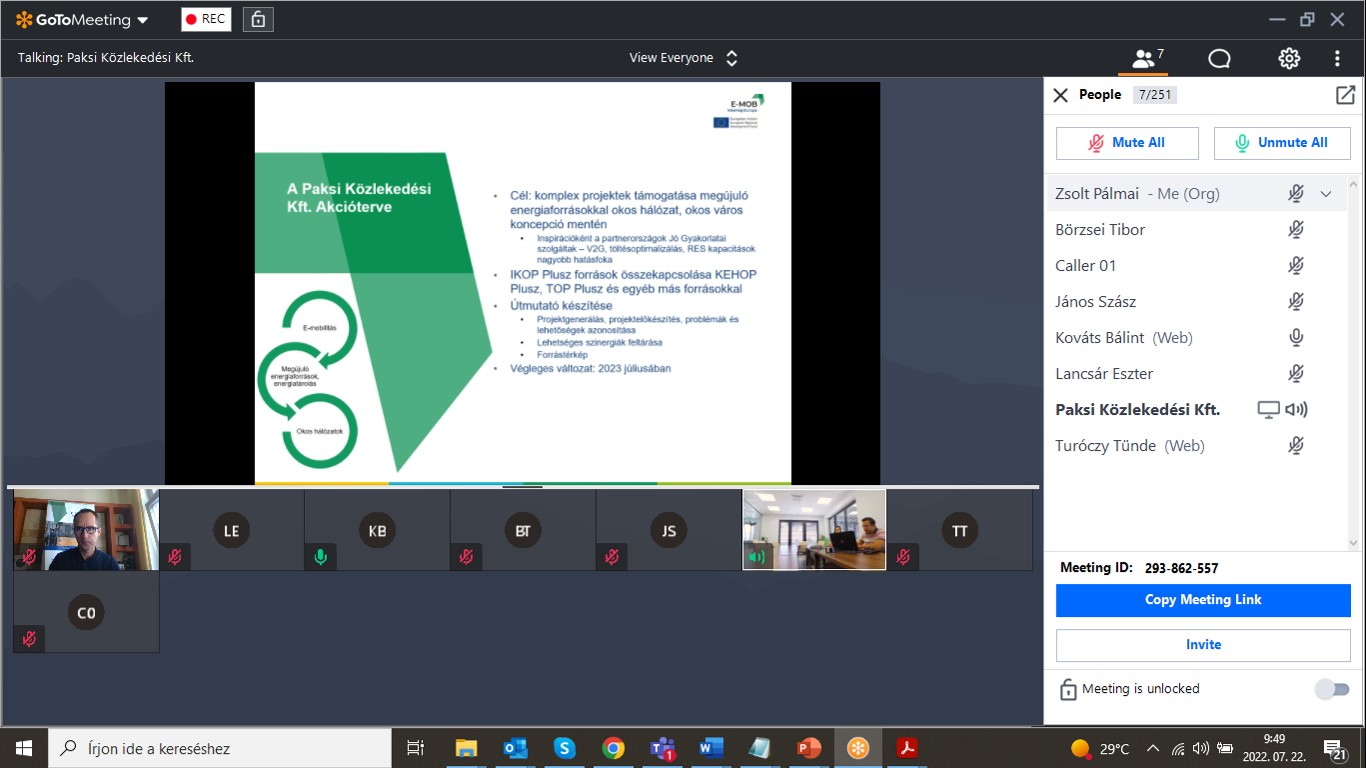
After the two presentations, Bálint Kováts, staff member of IKOP Plusz, briefly indicated that the comments regarding the operative program were useful for them, at the same time, IKOP Plusz has not yet been approved by the European Commission. At the same time, in connection with the Recovery and Resilience Facility, he noted that the Green Plus Program that feeds from it should also be taken into account when implementing the action plans of the two projects.
In response to the comments, Balázs Kiss highlighted that during the implementation of the E-MOB action plan, the solutions and financial prospects of effective development coordination will be reviewed at an event.
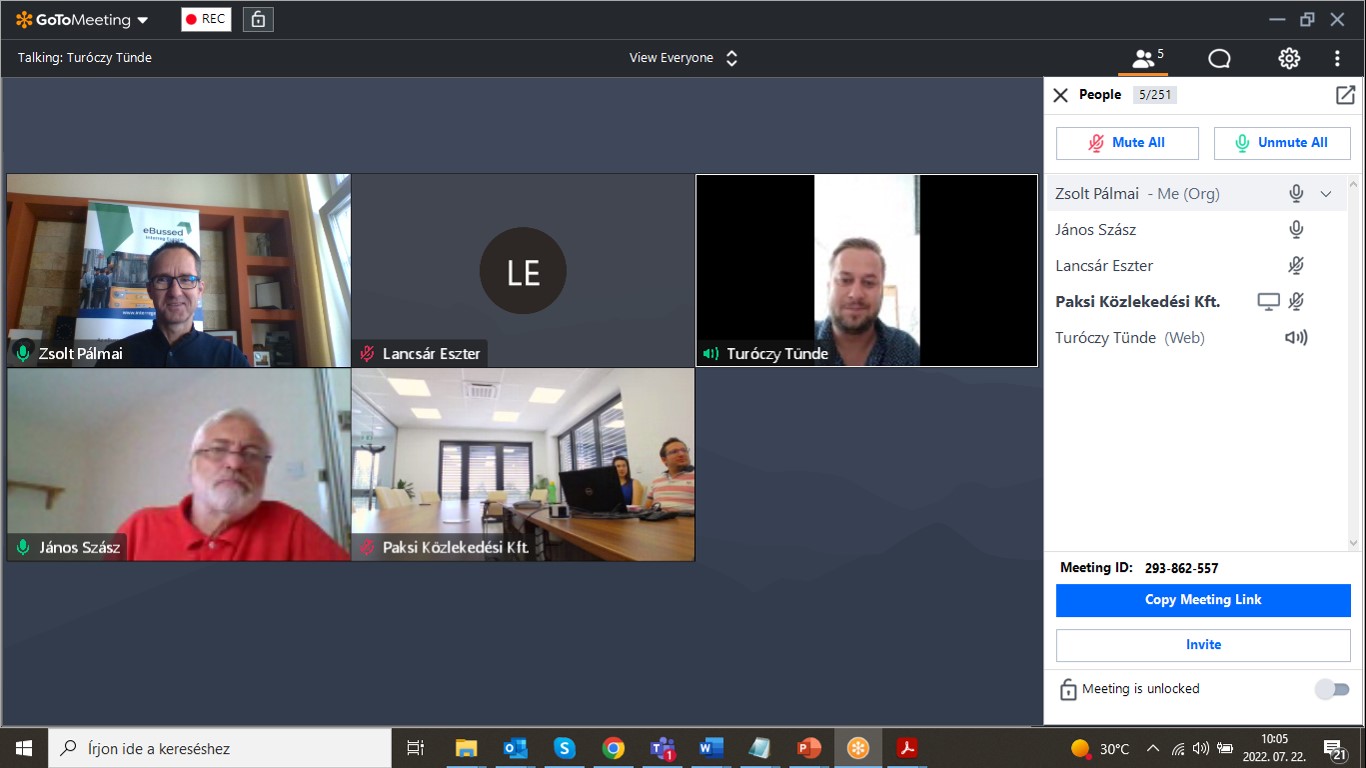
In his contribution, electromobility expert János Szász indicated that HUF 180 billion will be available from the 3 different funding sources to be used within 3 years for the development of electric road public transport (buses, trolleys). This in itself is a big leap compared to the seed resources of the Green Bus Program, but it is very important that the profession and decision-makers have the appropriate expertise for this. The establishment of a knowledge center is therefore at least as important as the development of the asset portfolio or the charging infrastructure or the vehicle fleets. South Transdanubia, as a three-county sample region, can provide a comprehensive picture of this learning process, both in terms of successes and pitfalls (through the examples of Kaposvár, Paks and Pécs).
The E-MOB and the eBussed project is co-financed by the European Regional Development Fund and Hungary within the Interreg Europe Programme.
